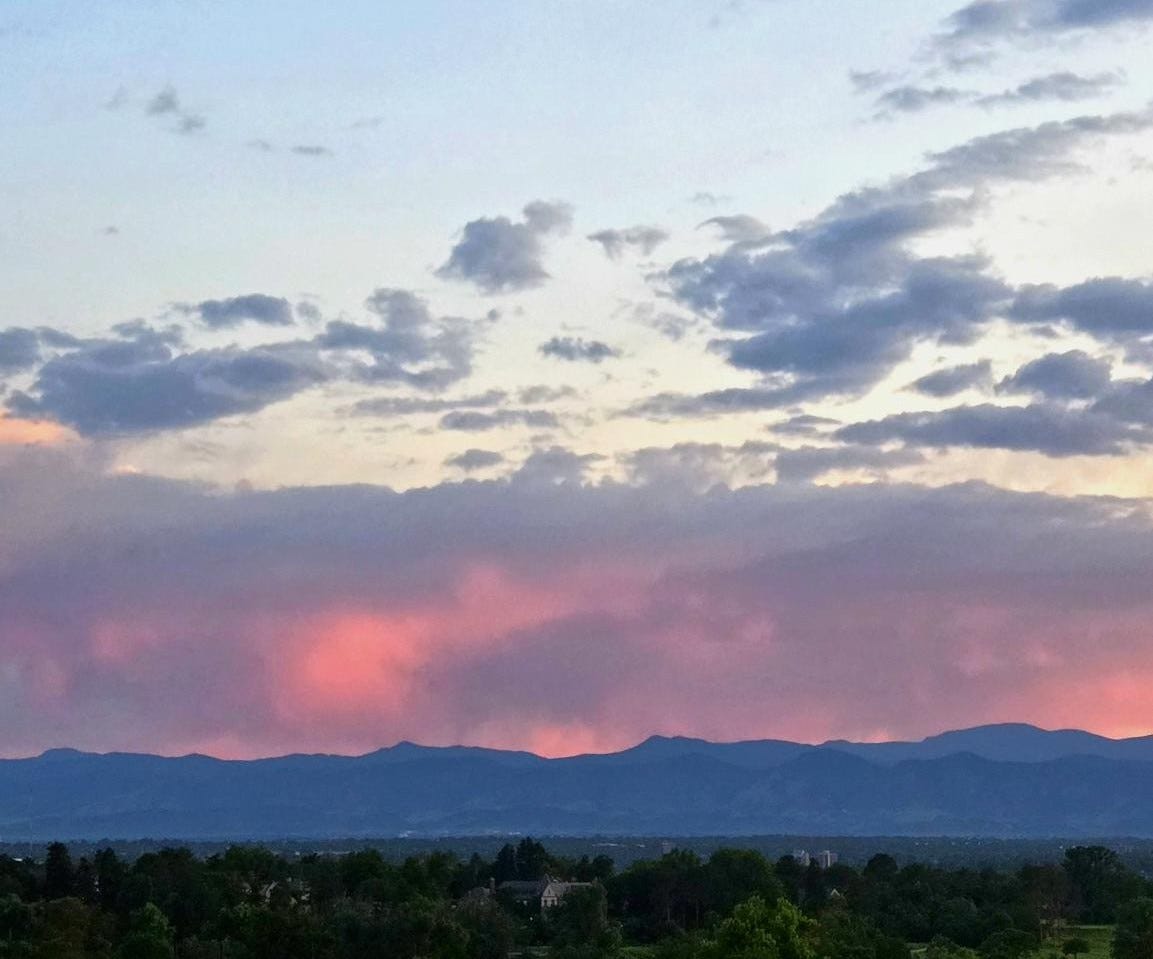I’m writing in the hope of it helping me fall asleep tonight.
Ironically, I feel like I’ve just woken up after being asleep for about six days.
Let’s rewind to Monday. I was prescribed a new antipsychotic and taken off of an old one to help with this very problem: night terrors, anxiety, and all of the other horrors that come with having Complex PTSD. In addition to weathering the withdrawal of my existing medication, I had to tweak my (unrelated) blood pressure medication to accommodate the new changes.
There isn’t much to report on between Tuesday and Friday because, well, I barely remember it. I spent most of those days in a haze, doing my best impression of myself at work while riding my erratic blood pressure. Not only did I barely sleep, but most of my time was consumed by thoughts of potentially dying if I were to actually sleep. When I would finally pass out, I’d be awoken just moments later by my extremities, twitching beyond my control.
Saturday wound up being one of the more eventful days of the week. After verifying that I was still on the verge of death with my at-home blood pressure monitor, I checked myself in to the ER. I was discharged later that day, but in between all of the needles and naps, I’ve only just returned to my body.
This is to say that, for all of the effort I put into surviving this past week — keeping up appearances at work, making phone calls, responding to messages — I’m still trying to wrap my head around what it was really for.
Don’t take this as a bleak outlook on life or a cry for help — I can promise you it’s not. In the grand scheme of things, all I want you to consider is how much effort you put into every day, just to work for your boss. Pay your bills. Go to bed at a reasonable hour so you can start all over again.
Last week, before I could’ve even imagined this series of events happening, I was coincidentally thinking about how stress is currently impacting my physical health. I have already been made all too familiar with some of the emerging research surrounding the effects of trauma on the body. Those with PTSD, in particular, are now believed to have shorter lifespans due to accelerated cellular aging, for instance.
I am over here, exercising almost every morning at dawn, and for what?
This point occurs to me every so often, and I have managed to bring it up in therapy in the past. My doctor has usually responded to such hypothetical questions by highlighting the improvement in quality of life — but at what point does that quality-of-life improvement end and the need to exist for others begin?
One could argue that the two go hand-in-hand, but I’ve also been in therapy long enough to know that we should never admit that we exist for others — our higher purpose should always be ourselves, followed by those around us (e.g., “You can’t help anyone else if you can’t help yourself;” “Put on your oxygen mask before helping others,” etc.).
As I sit here, newly reacquainted with my beat-up vessel of a body, I’m willing to say it: we are always in a state of existence to support the rest of humankind. Just how much of yourself you are serving on a silver platter, however, likely varies depending on several factors.
The children who need you to drive them to school in the morning.
The amount of sick days you have left at work.
The friends who are waiting for a reply to a text message.
The bank that owns your home.
It’s only when you’ve been out of the game for a few days that you realize how much you serve on that platter. The fact of the matter is that the world does indeed continue onward, with or without you. When you’re forced to sit on the sidelines, you feel a lot better when you step back into position and know you didn’t give too much away.
If you wind up like me, at least you can say you know for next time.




